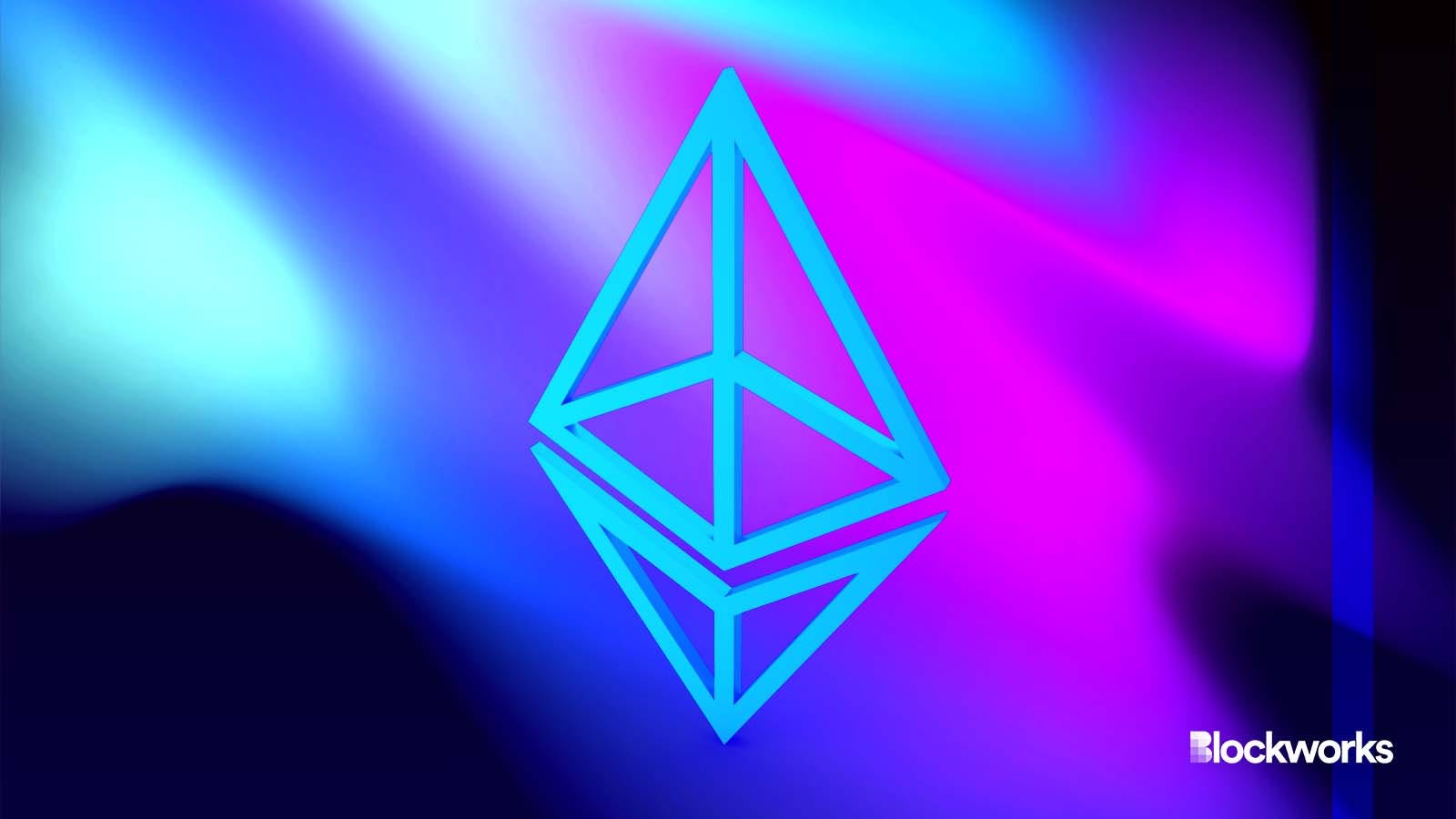ORA’s on-chain AI oracle is now available on Ethereum mainnet
ORA’s OAOs are powered through optimistic machine learning (opML) on Ethereum

Adobe Stock and Shutterstock-Pixelsquid/Shutterstock modified by Blockworks
Verifiable oracle protocol ORA is launching its on-chain AI oracle (OAO) on Ethereum mainnet.
Although the initial launch of OAO is on Ethereum, over the coming weeks the oracle will also be live on Optimism, Base, Polygon and Manta.
Implementing machine learning (ML) or AI onto the blockchain gives machine learning computation access to blockchain verifiability, validity, fairness and transparency. Despite the benefits, there have been difficulties with bringing AI on-chain.
First, to enable decentralization, multiple nodes must run complicated machine-learning computations. However, this is rather costly and time-consuming. Additionally, Ethereum’s computation environment is specifically designed for EVM smart contracts and is not necessarily compatible with machine learning and AI-related computational adaptations.
Read more: What can blockchain do for AI? Not what you’ve heard.
ORA’s solution to this problem is through its OAOs, powered by optimistic machine learning (opML) on Ethereum. OpML can design any ML model on-chain, though the caveat lies in weaker security assumptions.
According to ORA’s documentation, opML uses a “verification game” similar to that used by optimistic rollup systems to enable a decentralized and verifiable consensus on the machine learning service.
Once a requester initiates an ML service task and the server finishes it, the results are committed on-chain. A verifier must then validate the results, similar to what is done on an optimistic rollup. If the results are inaccurate, a dispute game with the server will begin, and the claim will be sent to an arbitration smart contract for a resolution.
Read more: Funding Wrap: Decentralized AI is all the craze
Grok, a generative AI chatbot; Stable Diffusion, a deep learning text-to-image AI model; and Llama2, Meta’s open source large language model, are now available through ORA’s OAO.
Kartin Wong, the founder of ORA, noted in a press release reviewed by Blockworks that “only opML can put Grok on-chain. This is ORA’s opML supremacy.”
Another type of ML that has been experimented with on-chain is zero-knowledge ML (zkML). This type of technology hopes to generate cryptographic proof for ML computations that can be succinct enough to be verified on-chain. However, current computing power cannot practically generate proofs efficiently and affordably.
Wong claims that contrary to zkML, opML can efficiently bring Grok’s 314 billion parameter model on-chain, reducing overhead costs by over 1,000,000x.
Get the news in your inbox. Explore Blockworks newsletters:
- The Breakdown: Decoding crypto and the markets. Daily.
- 0xResearch: Alpha in your inbox. Think like an analyst.






